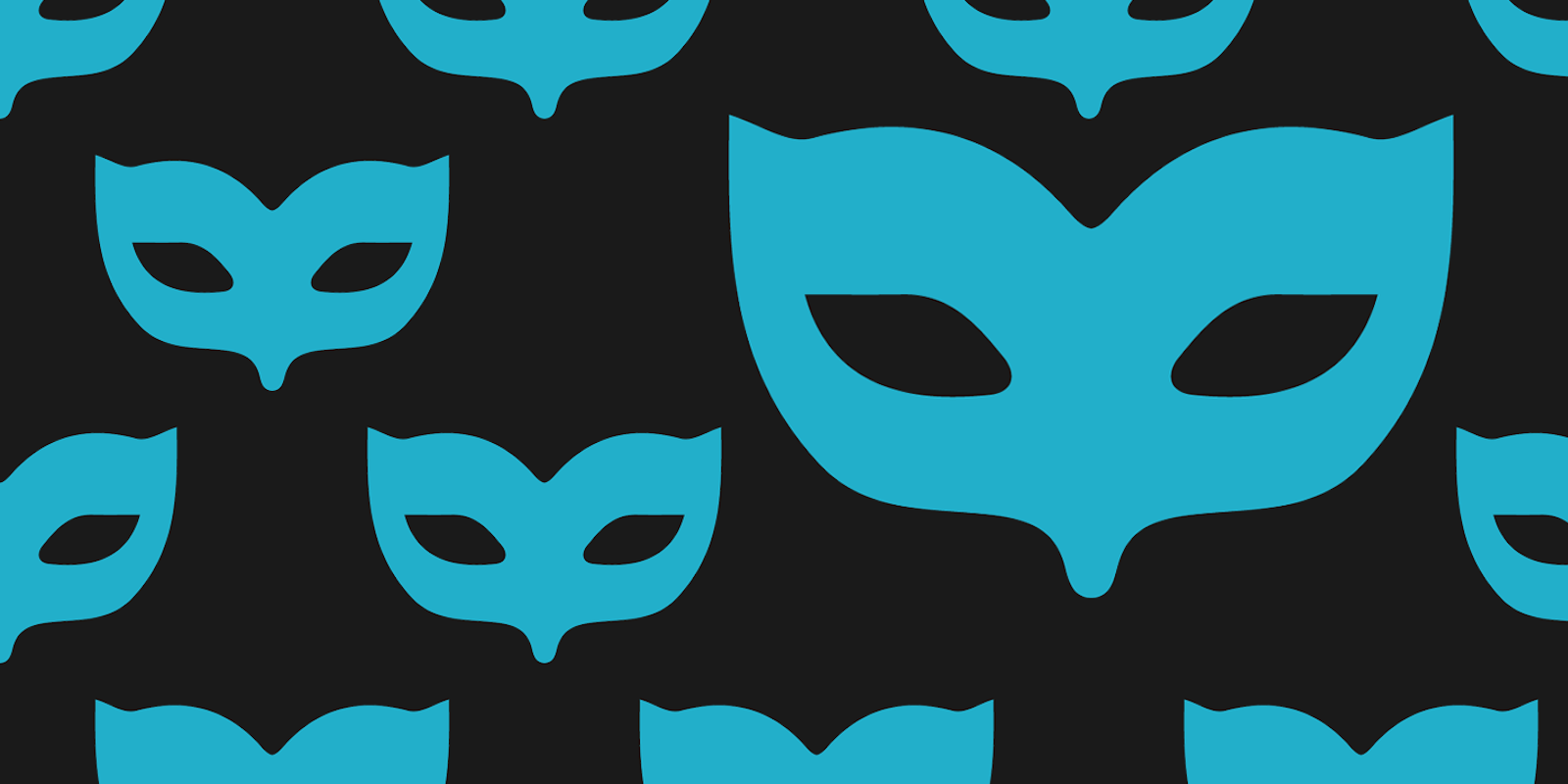As the world continues to become ever more connected, one word has grown both in its importance and in its repetition: Privacy. And this is why finding ways to connect privately is becoming more and more popular and important.
Unseen is trying to enable exactly that, and the app is specifically targeting college students, with the promise of anonymous connections and socializing. It succinctly claims to allow students to “anonymously meet and share images with your classmates.”
Anonymous social apps and networks represent a growing market, and the growth is understandable. Each new generation of students is being raised in an environment in which social media isn’t just accepted in their lives, it pervades them.
For young users accustomed to broadcasting their thoughts, feelings, and relationship statuses to the world through a medium that keeps track of everything, the idea of being able to express yourself without the burden of broadening one’s permanent record should be an attractive one.
Unseen’s cofounder and CEO Michael Schramm sees clear evidence of a shift toward networks that serve an emerging desire for anonymity.
“For the first time since Facebook was created, social media usage is declining. And while there’s this decline in social media usage, students are actually becoming more social online,” Schramm said.
It sounds ideal: In a world where everything is recorded and can be traced back to you, who wouldn’t want the chance to speak out without having to worry about maintaining social status or potentially offending someone?
Unseen community manager Alex North offered that students “want to share, but don’t necessarily want their shares to be there if someone goes digging for them later.”
However there have been plenty of negative repercussions at the hands of anonymous apps.
The use of the After School app led to threats being made to bring weapons into public schools, and there has been significant backlash against anonymous apps in some areas from parents and city officials alike.
Much of the concern surrounding After School and others anonymous social apps targeted towards students, such as Yik Yak, is that they offer a strong platform for bullying and other forms of harassment.
It’s no secret or surprise that teenagers have the potential to be rather mean to one another, and given an anonymous stage that requires them to bear no responsibility for their words and actions, it’s easy to imagine the potential problems.
“Students are looking for a way to interact on a large stage socially with other students without fear for the consequences of their actions,” Schramm said.
But while Schramm is aware of the potential dilemma, he doesn’t see it as an endemic issue in apps and social networks leveraging anonymity.
“It’s not a function of the people using the service, it’s a function of one person who comes in and pollutes the space,” Schramm said.
The Unseen team believes that this behavior can be curbed through “careful and thoughtful moderation,” though it’s hard to know just how effective such efforts can ultimately be.
Schramm also opined that, as apps promising anonymity become the norm, users will feel less need to take advantage of that anonymity through negative behaviors. Such behaviors might sometimes be a result of new users testing the boundaries of what was allowed in the unfamiliar space.
But even if the potential for personal harassment can be overcome, there do exist other concerns. Some apps promising anonymity have proven to be less than anonymous, showing significant security flaws.
The aforementioned Yik Yak, which is also marketed towards college students with the promise of anonymity, had its flaws revealed in December by an intern at a security firm. Earlier in the year, industry giant Snapchat had its own security breach in which 4.6 million usernames and phone numbers were made public.
Unseen has instituted multiple practices designed to protect the app and its users from such issues.
People who use the app aren’t required to submit such personal information as their phone number or email address. And according to Unseen’s developers, what information Unseen does take shouldn’t ever lead back to the app’s users.
“We collect metadata and encrypt it so we have an internal value, but that’s completely useless in terms of being able to track it back to a user,” North said.
Schramm also noted that the app detects any intrusions in its two-way communications.
“If we detect any changes, suggestions, or obstacles that get in the way of that communication channel, we just shut it off,” Schramm said.
To their credit, the development team has already shown a willingness to react to emergent behaviors among their user base.
When students drawn to the app began posting personal information such as phone numbers and Twitter handles through channels intended to remain anonymous, the team introduced an encrypted direct messaging feature to address what was seen as a potential security vulnerability while still allowing users to establish more personal connections with one another when desired.
Handled improperly, such issues as these have the potential to prove damaging to any group marketing their product based on the promise of safety and anonymity. Either is a big promise to make, and when broken, the effects can be catastrophic.
“At the end of the day, the user has to trust the brand,” Schramm said.
Illustration by Jason Reed


